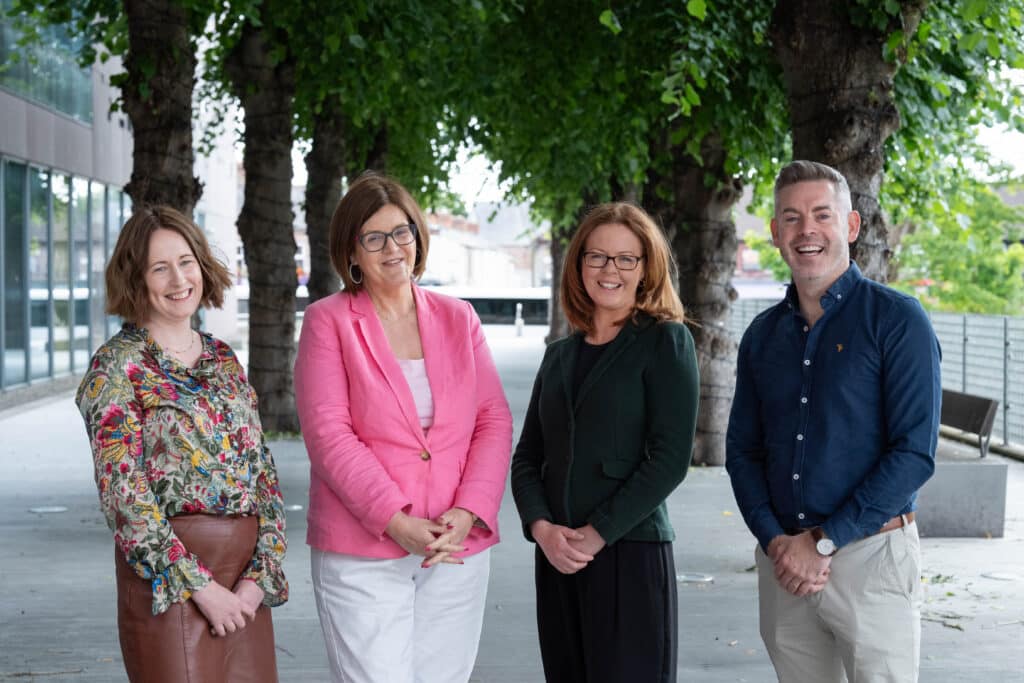The National Anti-Bullying Research and Resource Centre at DCU has been awarded funding by the Department of Justice to establish a new research observatory on cyberbullying.
The announcement was made earlier today from Minister for Justice, Helen McEntee TD, to mark Safer Internet Day and the commencement of Coco’s Law – the Harassments, Harmful Communications and Related Offences Bill.
The Observatory will be set up in memory of Nicole Fox (Coco) to establish a consistent monitoring framework on bullying. Working with the Department of Justice and the Department of Education over a three-year period, the team at DCU will focus on providing up-to-date research, advice and resources related to cyberbullying, cyberhate, and online harassment, and the implementation of Coco’s Law.
Welcoming the establishment of the Observatory at DCU, Professor Daire Keogh, DCU President, said:
“I warmly welcome this initiative, which will see DCU expertise directed to address one of the most worrying phenomena of our times. The world-class research being conducted at Dublin City University continues to provide governments and policy makers with information and tools designed to combat the terrible damage caused by cyber-bullying and online harassment.”
Professor James O’Higgins Norman, Director of the National Anti-Bullying Research and Resource Centre at DCU, said:
“There is no doubt about the educational and social benefits that adults and children can enjoy from being online. However, at the same time, our research shows that during the first lockdown in 2020, up to 28% of young people aged between 10-17 reported that they were the targets of cyberbullying and 50% of this age group said they witnessed cyberbullying. There is clearly a need for us to understand this problem and in particular its impact on young people.
The new research observatory on cyberbullying will play a very significant role in providing research and information on how to prevent cyberbullying in the future.”
Marking Safer Internet Day by commencing Coco’s Law, Minister McEntee said,
“Image based abuse is absolutely disgusting and can ruin lives. There can be no tolerance for online abuse. Coco’s Law represents a big step forward in tackling harassment and harmful communications.
“I am honoured to pay tribute to the memory of Nicole Fox, and to the selfless efforts of her mother, Jackie, who has tirelessly campaigned to raise awareness about the harmful effects of online abuse and to make our laws stronger in this area.
“This legislation will not only provide an effective tool to bring to justice those who use technology to harm others, but it will also send a clear message that as a society the sharing, or threat to share, an intimate image of another person without their consent is not acceptable in any circumstance.”
